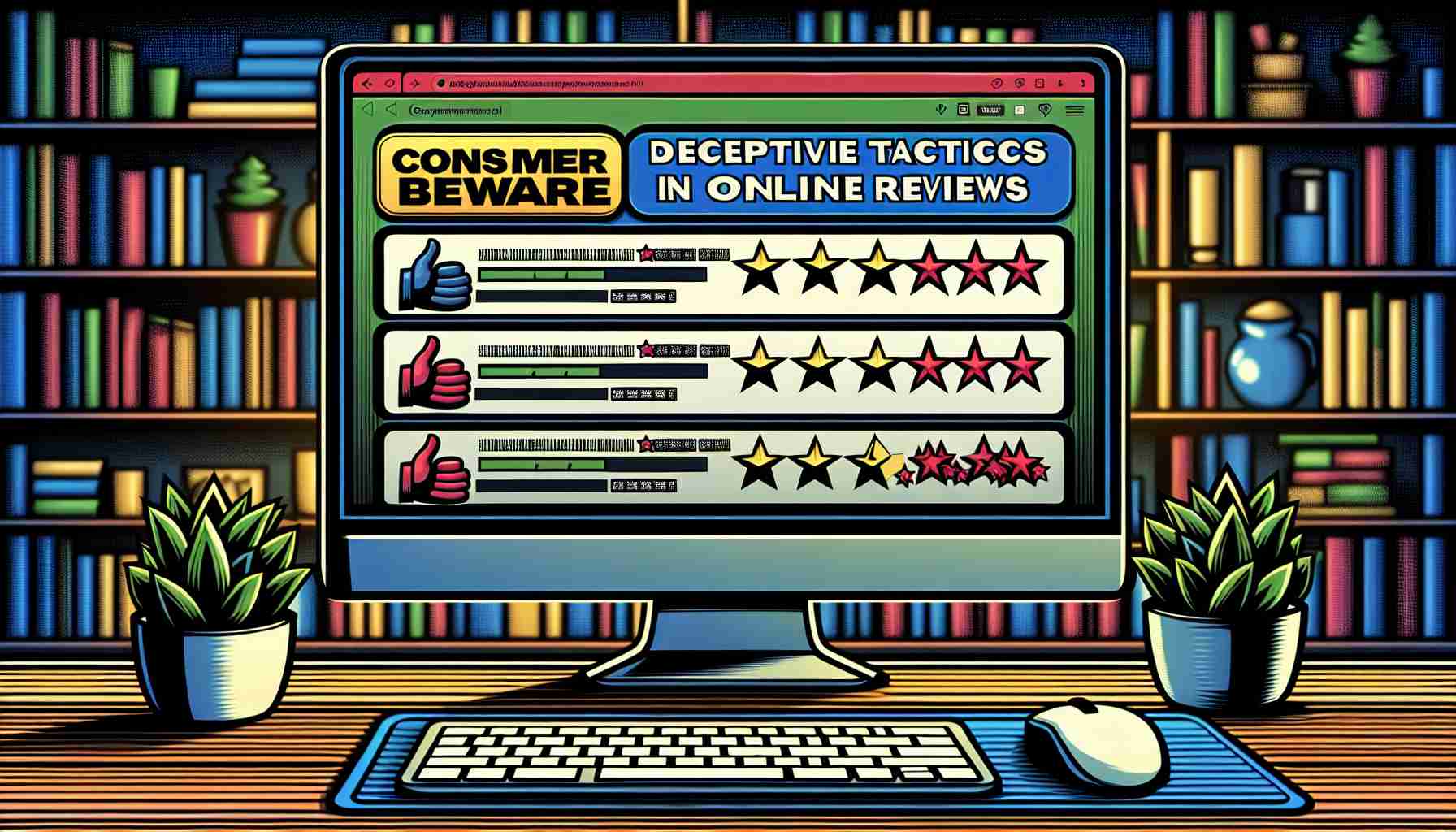Businesses resort to covert methods to manipulate positive reviews, such as slipping in ‘cashback for good reviews’ notes into product packages. This practice not only raises concerns of unfair competition but also misleads consumers and undermines the credibility of review systems.
Sometimes, merchants disguise inducements under the guise of activities like ‘sharing purchase experiences.’ Despite catchy promotions, customers have raised objections to the requirement of a five-star rating for rewards, emphasizing the importance of genuine feedback over manipulated incentives.
Unlike online shopping, offline dining establishments lure customers with freebies like drinks to secure positive reviews, making it harder for consumers to resist. This trend of ‘cashback for good reviews’ has eroded trust in review systems, leading some to actively seek out lower-rated businesses for more authentic experiences.
In response to these practices, platforms have taken a stand against incentivized reviews, emphasizing the importance of unbiased feedback. Experts highlight the need for vigilant consumer behavior, advocating for responsible reviewing and reporting deceptive tactics to safeguard consumer rights.
In a marketplace flooded with counterfeit reviews, consumers are advised to exercise caution, rely on reputable sources, and refrain from succumbing to manipulative practices. Regulatory bodies must also play a proactive role in enforcing fair competition and upholding the integrity of review systems, ensuring a transparent and trustworthy consumer feedback mechanism.
Escaping the Deceptive Web: Uncovering the Truth Behind Online Reviews
In the realm of online reviews, deceptive tactics continue to evolve, presenting both challenges and controversies for consumers navigating the digital marketplace. Here are some critical questions and insights to consider in this landscape:
1. What are the hidden methods businesses employ to manipulate online reviews?
While cashback schemes and inducements are widely known, businesses have also been known to create fake accounts to leave positive reviews, use bots to boost ratings artificially, and even pay individuals to write favorable comments. These tactics not only deceive consumers but also distort the authenticity of review platforms.
2. How do consumers distinguish between genuine and deceptive reviews?
One key challenge lies in identifying authentic feedback amidst a sea of manipulated content. Look for detailed reviews that provide specific experiences, watch out for overly positive language without substance, and consider the overall balance of opinions to form a more accurate judgment.
3. What are the advantages and disadvantages of relying on online reviews?
On one hand, online reviews offer valuable insights and peer recommendations that can guide consumer choices and enhance decision-making. However, the prevalence of deceptive practices casts a shadow of doubt on the reliability of such feedback, leading to potential misinformed purchases and skewed perceptions.
In light of these complexities, it is crucial for consumers to approach online reviews with a critical eye and for regulatory bodies to enforce stringent measures against deceptive tactics. By fostering transparency and accountability in the digital arena, the integrity of review systems can be preserved for the benefit of all stakeholders.
For further exploration of consumer protection and advocacy in the online sphere, visit Consumer Protection.























